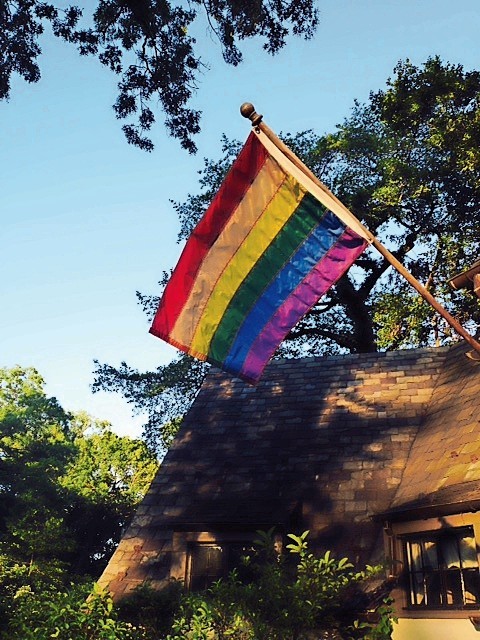Lift the restrictions on gay men donating blood
The massacre in a gay nightclub in Orlando, Fla., on June 12 has spawned a national debate on two disparate issues, gun control and gay rights. In the aftermath of the tragedy, Central Floridians rushed to local blood banks to help those in need. Unfortunately, many of them were turned away because of their sexual orientation. Healthy, compassionate people were effectively told that the blood coursing through their veins was tainted, and unsuitable for public use.
A Food and Drug Administration policy, adopted in 1983, bars men who have sex with men from donating blood. The FDA took this stance because of the severity of the AIDS epidemic at the time and the relative lack of knowledge about the disease. From 1981 to 1995, men accounted for 85 percent of the over 510,000 cases of acquired immune deficiency syndrome in the U.S., according to the Centers for Disease Control and Prevention. It was the belief at the time that the disease, now known to be caused by the HIV virus, only affected that demographic, so the FDA banned gay men from donating blood.
That policy remained in effect until 2015, when the FDA updated it by allowing gay men to donate blood as long as they had not sex with another man in the previous 12 months.
“The 12-month deferral window is supported by the best available scientific evidence, at this point in time, relevant to the U.S. population,” Peter Marks, deputy director of the FDA’s Center for Biologics Evaluation and Research, said in a statement. “We will continue to actively conduct research in this area and further revise our policies as new data emerge.”
This revision may have seemed like a giant leap forward from the agency’s Reagan-era stance on AIDS, but it remains as punitive toward gay men as the lifetime ban. Forcing a group to be celibate for a year due to “risk factors” is not inclusive, empathetic or precautionary — it’s offensive, and it caused an unsafe situation in Orlando, where men were turned away despite the need for blood for the still-hospitalized victims of the shooting. We’ve moved past the stigma associated with gay sex, which is no more likely to transmit disease than the heterosexual variety. Being gay doesn’t make blood donation a risky proposition — being reckless in your sex life does.
There is a blood shortage in many areas of the county, including ours. The New York Blood Center is in what it describes as a “blood emergency,” badly needing donations, yet gay men are ruled out. “While many gay and bisexual men will be eligible to donate their blood and help save lives under this 12-month deferral, countless more will continue to be banned solely on the basis of their sexual orientation and without medical or scientific reasoning,” the National Gay Blood Drive, an advocacy group, said in a statement after the FDA updated its policy.
Why, in 2016, do we tolerate backward thinking that hurts our society and our citizens? This should not be how we Americans are viewed around the world when tragedy strikes. We should be leading the conversation and the implementation of forward-thinking societal change. Yet we seem to be falling behind.
Numerous countries have no deferral periods for sexually active gay men. The U.S., while late to update its lifetime ban policy, is still more progressive than Canada, where the deferral period changed three years ago from a lifetime to five years. But countries like Argentina, Peru and Costa Rica are leading the way in progressive health policies while the U.S., the U.K. and too many others lag behind.
To be that example for the rest of the world, we must do away with this policy, and allow sexually active gay men to donate blood. There should be a general screening process for giving blood. The virus that causes HIV is an equal-opportunity infector. It does not discriminate on the basis of sexual orientation. Every potential donor should be subject to the same policies, and the same scrutiny from medical professionals.
The outpouring of support for the victims of the Orlando shooting has been massive and, no doubt, appreciated. But actions speak louder than words. Ending the FDA’s discriminatory blood donation ban would be a far more meaningful way to say, “We are all Orlando,” than flowers and candlelight vigils.

 50.0°,
Mostly Cloudy
50.0°,
Mostly Cloudy 







